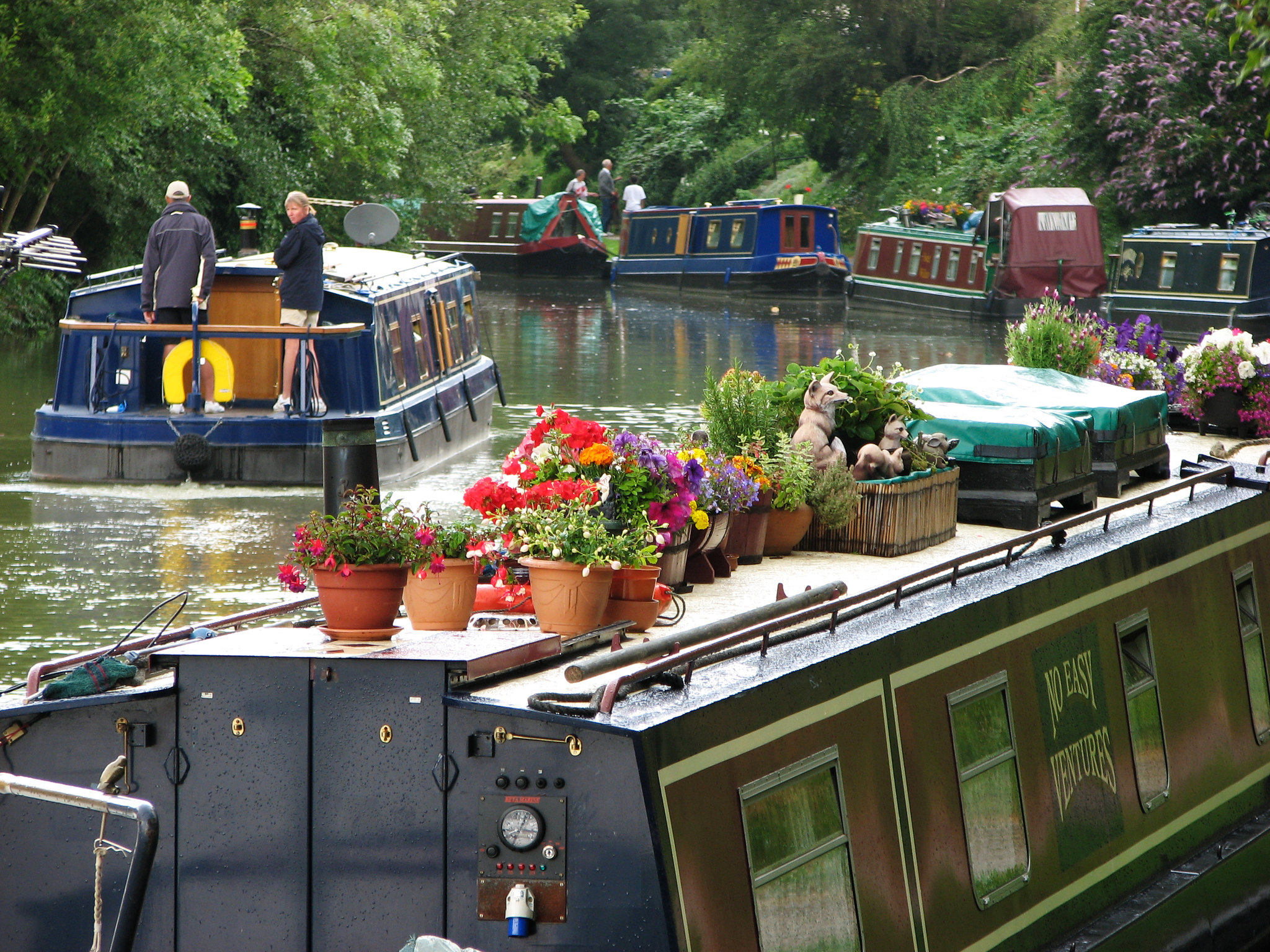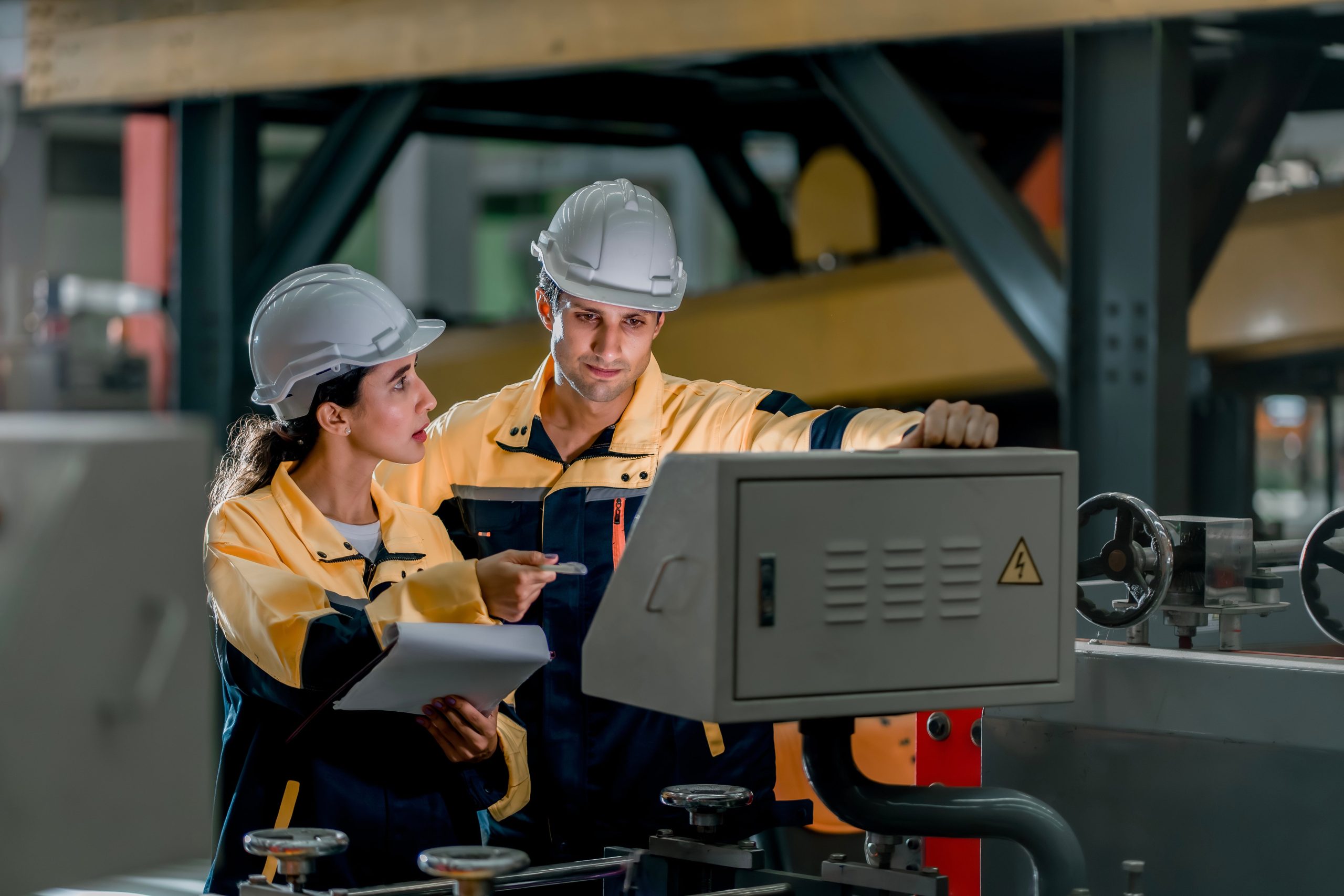Decarbonising our Waterways with Hydrogen

Like other forms of transportation, decarbonising UK narrowboats is crucial for the country to meet its 2030 net zero target. How can hydrogen be used to create new opportunities for the inland waterways?
While inland waterways’ overall contribution to UK carbon emissions is small, the sector must quickly begin to make the transition to becoming more sustainable if it wants to play its part.
Decarbonising UK waterways will protect local wildlife
Traditional narrowboat engines often rely on fossil fuels and therefore emit harmful pollutants such as nitrogen oxides.
By decarbonising narrowboats, not only can the UK significantly reduce its overall carbon emissions, helping to mitigate the impacts of climate change, but decarbonisation can help to improve local air quality along waterways, benefitting both residents and tourists.
Waterways are essential to support a diverse ecosystem, reducing emissions from narrowboats will help to protect these habitats and its wildlife from the negative impacts of pollution and climate change.
Advancements in technology have led to the development of cleaner and more sustainable propulsion systems, such as hydrogen-powered engines.
BOC’s HYMERA is described by the company as the world’s first commercially viable, low-carbon, hydrogen fuel cell generator. It is offering a convenient alternative to diesel generators for narrowboats.
Providing up to 175 watts of peak power whenever needed, HYMERA incorporates hydrogen fuel cell technology, which can cope with today’s high-efficiency, lower-power electrical loads.
Another company that is showing hydrogen’s potential for narrowboats is Hydrogen Afloat. It is focusing on harnessing the ecological benefits of hydrogen fuel cell technology to create domestic power without pollution or noise.
It integrates hydrogen fuel cells and their gas storage into a system that can easily be installed onto a narrowboat, wide-beam or inland waterway cruiser.
More investment and infrastructure are needed to see hydrogen-powered vessels
While hydrogen-powered narrowboats present a promising and eco-friendly alternative to traditional fossil fuel-powered vessels, there are many bottlenecks that need to be addressed for hydrogen to become a reality.
Hydrogen technology is still relatively new, especially when compared with conventional propulsion systems.
Therefore, as a result, the upfront costs of hydrogen-powered narrowboats may currently be higher, which could limit their uptake without government incentives.
There are many stakeholders in the inland waterways sector, from boaters, navigation authorities, boat-builders, marine surveyors, and more.
To become more sustainable and look at hydrogen as a potential solution to do so, significant investment from these stakeholders will be needed to see hydrogen become a reality.
One of the most significant bottlenecks for hydrogen-powered narrowboats is the lack of hydrogen-refuelling infrastructure along UK waterways.
Developing a strong network of hydrogen refuelling stations near canals and rivers will help to support the operation of these boats.
This will also be key to supporting the endurance of narrowboats, as hydrogen fuel cells often have lower energy density compared to traditional fossil fuels. This can limit both the range and endurance between refuelling stops.
Another challenge that needs to be overcome is public awareness of hydrogen. Raising awareness and building confidence in hydrogen is essential to see the acceptance of it.
Confidence could be built by seeing regulatory frameworks updated to accommodate hydrogen-powered narrowboats, including clear safety standards, emission regulations, and licencing requirements.
Collaboration between the public and private sectors is needed
Addressing these bottlenecks will require a multi-dimensional approach involving UK Government support, private-sector investment, research, and public engagement.
Overcoming these challenges could help to pave the way for a more sustainable and environmentally friendly future for narrowboats.
Overall, decarbonising UK narrowboats is a key step towards achieving a more sustainable, resilient, and greener transportation system.
Explore the potential of hydrogen today
Hydrogen Industry Leaders is here to connect you with industry leaders, governments, and researchers, to highlight the benefits and challenges of hydrogen through in-person events.
Through these in-person events, you will have the opportunity to hear from key players in the hydrogen industry and discover how hydrogen could be introduced into your processes.
To find out more information and secure your place at one of our future events, click here.

